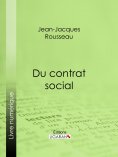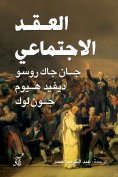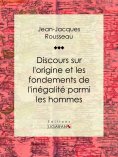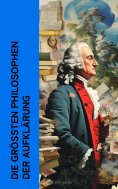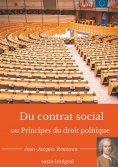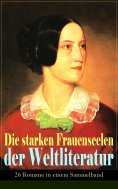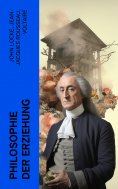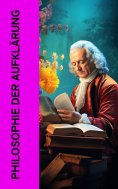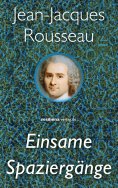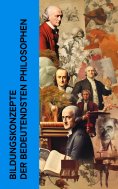Emile
Über das eBook
In "Emile, or On Education," Jean-Jacques Rousseau presents a profound exploration of educational philosophy through the lens of a fictional narrative. This seminal work, characterized by its rich prose and introspective style, offers a groundbreaking vision of child development and the innate goodness of human nature. Rousseau advocates for a naturalistic approach, eschewing traditional authoritarian methods in favor of experiential learning, arguing that education should cultivate rather than constrain a child's intrinsic abilities. The text is further contextualized within the Enlightenment period, reflecting the era's emphasis on reason, individualism, and a departure from conventional societal norms. Jean-Jacques Rousseau, a pioneering thinker and philosopher of the 18th century, drew upon his own tumultuous experiences in his quest for understanding the complexities of human society and personal development. His own education was marked by a sense of dislocation and rebellion against rigid structures, which influenced his compassionate approach towards nurturing the individual's autonomy and moral integrity. Rousseau's exploration of the themes of naturalism in education and emotional intelligence illuminates his urgent desire to reconcile the conflicts between societal expectations and personal freedom. "Emile" is essential reading for educators, philosophers, and anyone interested in the evolution of educational thought. Rousseau's insights encourage readers to reflect on the nature of education and its role in fostering genuine human potential. Engaging with this text not only enriches one's understanding of pedagogical principles but also invites a broader contemplation of the social contract and individual identity.
Über den Autor
Jean-Jacques Rousseau (1712-1778), a towering figure in the Enlightenment era, was a Swiss-born philosopher, writer, and composer whose political philosophy influenced the progress of the French Revolution as well as the overall development of modern political, educational, and sociological thought. Rousseau's book 'Émile, or On Education' is a seminal work in which he outlines his educational philosophies, particularly the belief in the natural goodness of man and the importance of education in fostering this innate purity. His ideas challenge the traditional model of education, advocating for a more individualized and child-centered approach, which has significantly impacted modern pedagogy. Rousseau's literary style is characterized by its didactic nature and the eloquence with which he articulates his critique of society and his vision for a better world. His other notable works—which are essential to understanding his philosophical and literary contributions—include 'The Social Contract', where he introduces the concept of the general will, and 'Confessions', a revolutionary autobiographical work. Rousseau's profound influence resonates throughout educational theory, political ideology, literature, and beyond.
Produkt Details
Verlag: DigiCat
Genre: Sprache - Englisch
Sprache: English
Umfang: 500 Seiten
Größe: 674,5 KB
ISBN: 8596547401155
Veröffentlichung: 13. November 2022




